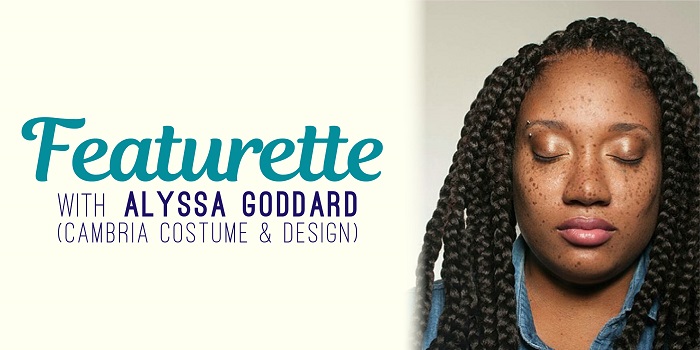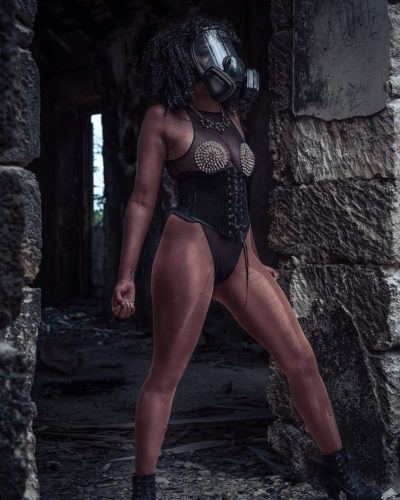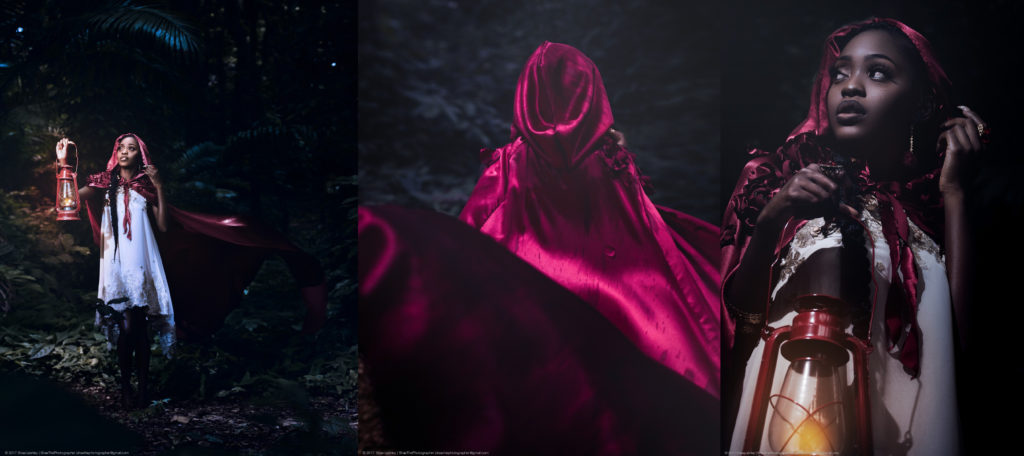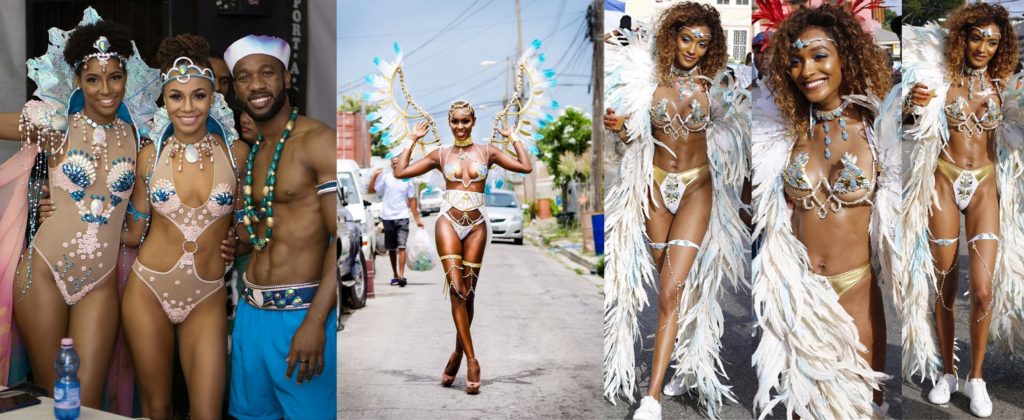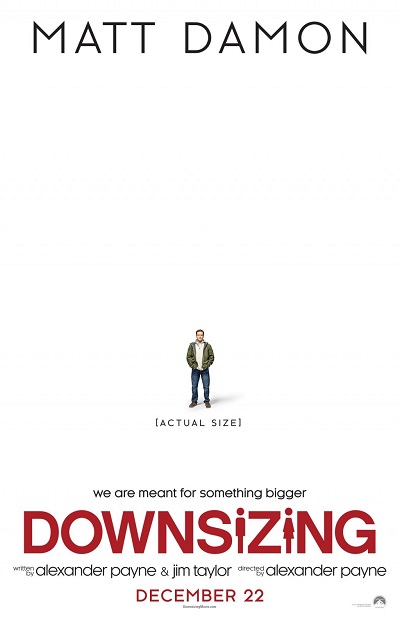 Downsizing is a 2017 film starring Matt Damon, Hong Chau, Christoph Waltz and Kristen Wiig. Written by Alexander Payne and Jim Taylor and directed by Payne, the film tells the story of Paul and Audrey Safranek, a married couple experiencing financial difficulty, who decide to undergo “downsizing” (a procedure which will shrink them down to about five inches tall) in order to live a better life in Leisureland, a community for “small” people.
Downsizing is a 2017 film starring Matt Damon, Hong Chau, Christoph Waltz and Kristen Wiig. Written by Alexander Payne and Jim Taylor and directed by Payne, the film tells the story of Paul and Audrey Safranek, a married couple experiencing financial difficulty, who decide to undergo “downsizing” (a procedure which will shrink them down to about five inches tall) in order to live a better life in Leisureland, a community for “small” people.
The first half of this film is very long and very slow. It opens well enough on the first scene, but then it drags on unnecessarily with scenes that could have – and perhaps should have – been left on the cutting room floor. There are three time jumps before the midpoint of the film. Absolutely everything between the end of the second scene and the last time jump didn’t need all of the time that it was given.
All of it could have been covered in a few lines of dialogue in one scene, that would catch the audience up with what Matt Damon’s character was doing in the sixteen years between the beginning of the film and the last time jump. Not much happens there at all that is worthy of note. Aside from the actual “downsizing” procedure which was interesting to see, but not altogether necessary.
It doesn’t help that the main character Paul, played by Matt Damon, isn’t a sympathetic character. Not that he’s unlikeable; he’s an alright person, but you just don’t care about him or what happens to him. He’s flat and he has no motivation or goal, so there really isn’t much of anything driving the plot. He kind of just meanders around letting life happen to him.
It’s clear that he’s the audience avatar and the audience is supposed to learn about and experience the world of the film through him, still he could have had more development and more of a personality. Damon is fine in the role. He isn’t given much of anything to do and it’s not a role that requires the full range of his talent as an actor. He reads his lines, he emotes when he needs to and that’s it. It’s an easy pay cheque for him.
The film really picked up and became enjoyable – even at times funny – with the introduction of Hong Chau’s character Ngoc Lan Tran. She is the best thing about this film. For a secondary character she has more development, more personality and more presence than Paul. She’s strong willed, decisive and has such a nonchalant attitude about everything that it makes her a fairly upbeat character despite her past and present situation.
In fact, it is because of her past situation that she is the way that she is, and that said past didn’t break her is admirable. So to is the fact that her present isn’t all that great either, but she is still content. The strong Vietnamese accent and broken English for which the character has greatly been criticised, does not distract – or rather, detract – from how layered she is as a character and how deftly she is portrayed by Chau. She outshines everyone in the film. Which is worthy of praise considering that she is a newcomer starring opposite Hollywood heavy weights like Damon and Waltz. Her Golden Globe and SAG nominations are well deserved.
It’s a shame that she is the only good thing about this film. It’s a good idea with all of the potential to make a great film with a great story, but it just doesn’t come together. It has interesting, relevant themes that it tries to tackle, ideas and messages that it wants to express, but they are underdeveloped and poorly conveyed.
From the very beginning it’s obvious what the film is trying to say; it’s environmentalist. The logic being that the smaller you are, the smaller your carbon footprint and the less waste you generate. It even comes up that people don’t downsize for altruist reasons. It’s selfish and purely financially driven; the smaller you are, the less resources you use, the cheaper everything is and the larger you can live. Your money stretches really far when you’re small.
It also introduces consumerism and it’s relationship to the environment, class/racial divides, corruption and the misuse of technology meant for the betterment of humanity and all of it is just dressing. It’s superficial. None of it goes anywhere. The film barely says anything about any of it. These ideas are introduced, but they’re not explored. Some of them are to a point, but aren’t carried as far as they should have been.
Downsizing takes far too long to get to Hong Chau. She’s the only good thing about the film. So good in fact that she makes the rest of it entertaining and watchable, even standing next to Damon’s very boring male lead and as the film struggles to delve into the ideas in introduces and to deliver its message. It’s forgettable at best.
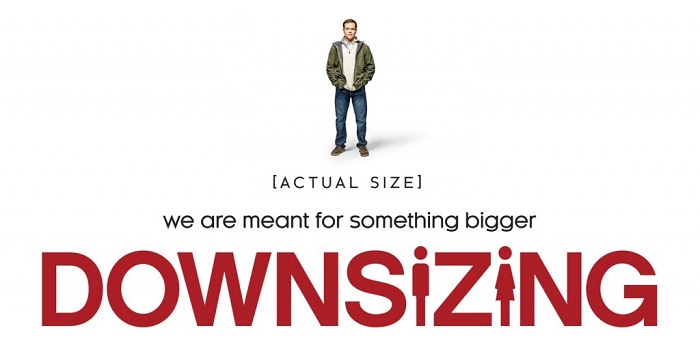
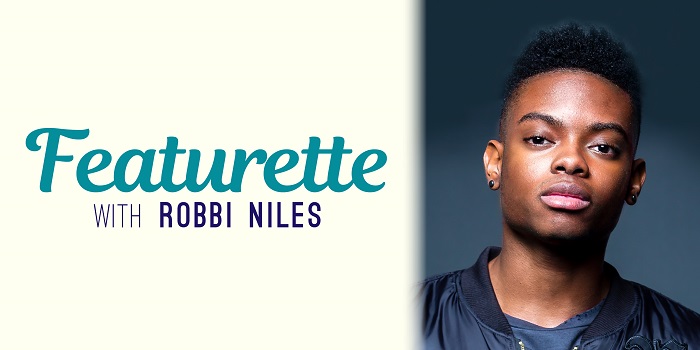
 Robbi Niles is a Toronto based Barbadian up and coming star in music. He launched his music career in April of last year with his single ‘Bamboo’ which featured Emile Straker of the iconic, legendary Barbadian music group The Merrymen and followed it up with the singles ‘More Than It Hurts You’ and ‘Paper Route.’ With over 113,000 views on his YouTube channel, 1600 followers on Instagram and 4500 likes on Facebook, Niles is poised to be the next big musical export from Barbados, following in the footsteps of Rihanna, Allison Hinds, Edwin Yearood, Rupee, Vita Chambers and Cover Drive.
Robbi Niles is a Toronto based Barbadian up and coming star in music. He launched his music career in April of last year with his single ‘Bamboo’ which featured Emile Straker of the iconic, legendary Barbadian music group The Merrymen and followed it up with the singles ‘More Than It Hurts You’ and ‘Paper Route.’ With over 113,000 views on his YouTube channel, 1600 followers on Instagram and 4500 likes on Facebook, Niles is poised to be the next big musical export from Barbados, following in the footsteps of Rihanna, Allison Hinds, Edwin Yearood, Rupee, Vita Chambers and Cover Drive.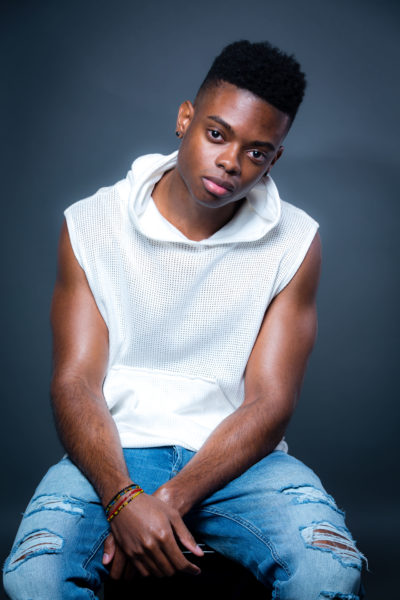 Zeitgeist: How long have you been pursuing your music career?
Zeitgeist: How long have you been pursuing your music career?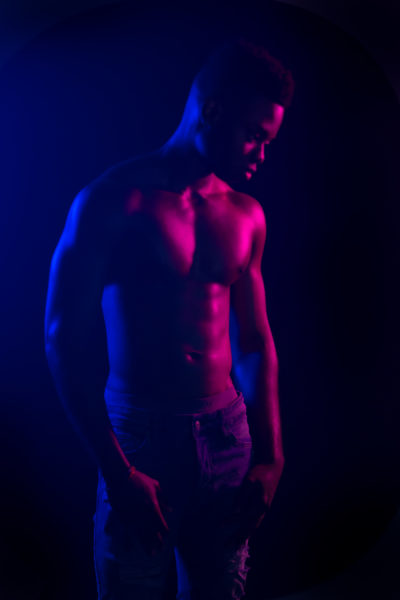
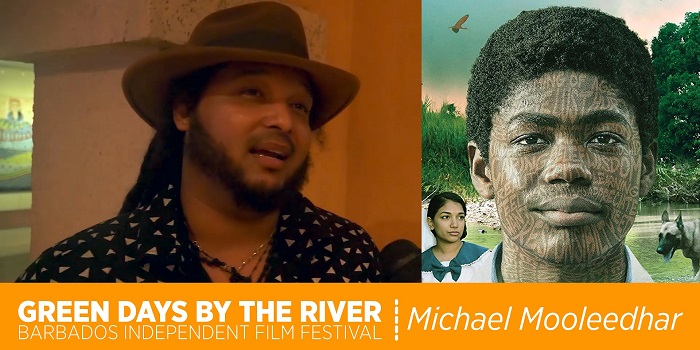
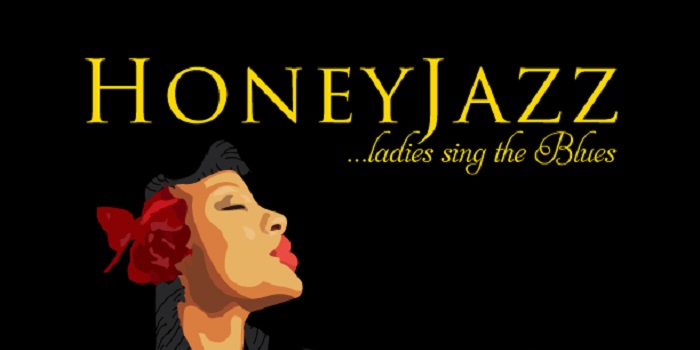
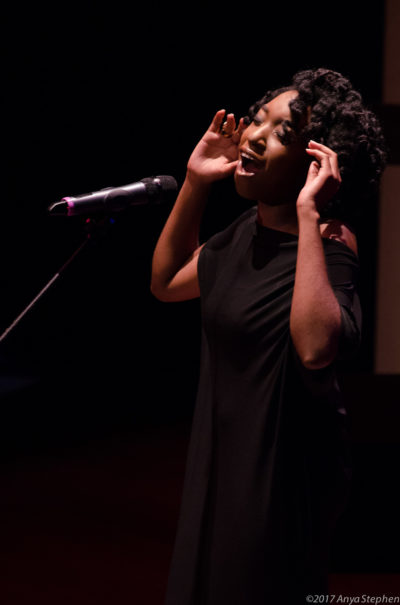
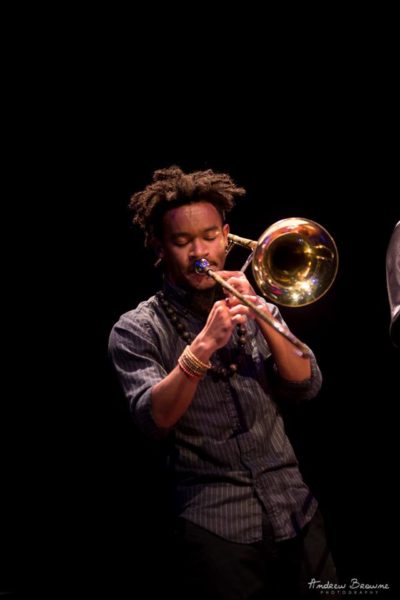
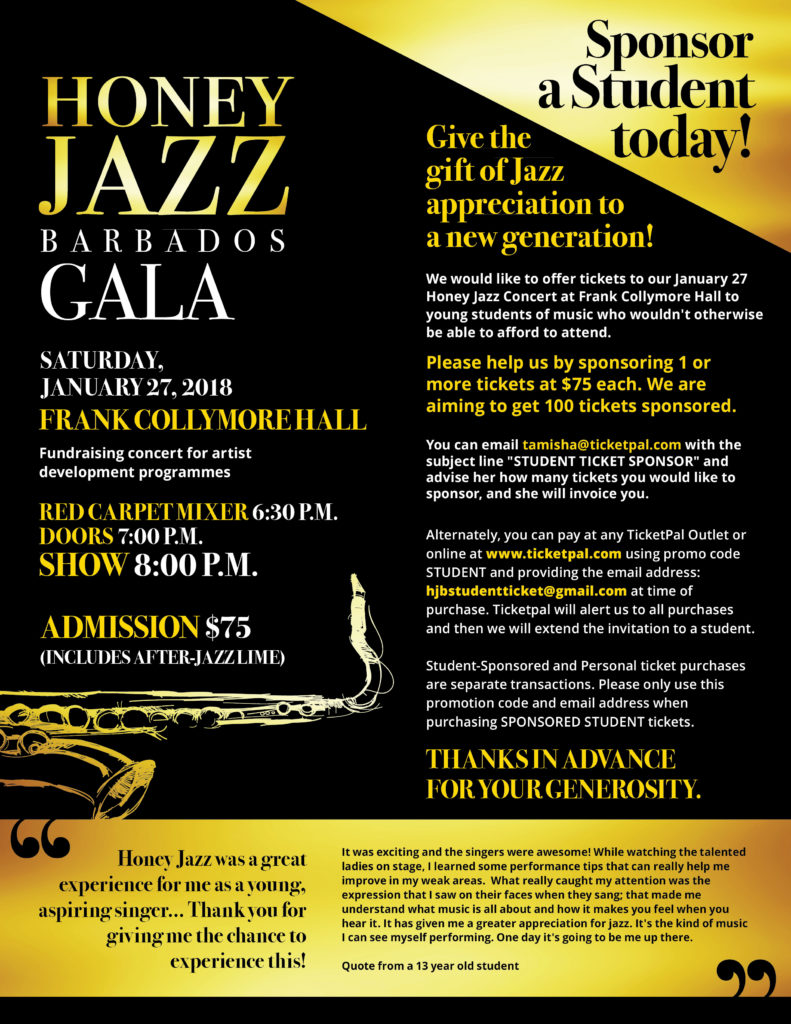
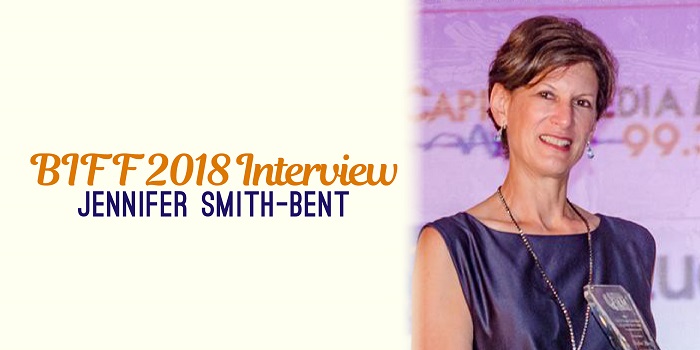
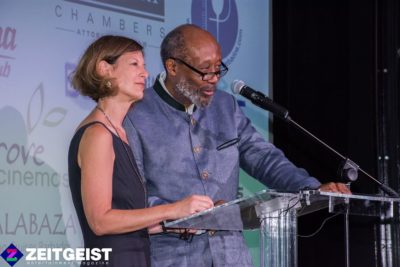
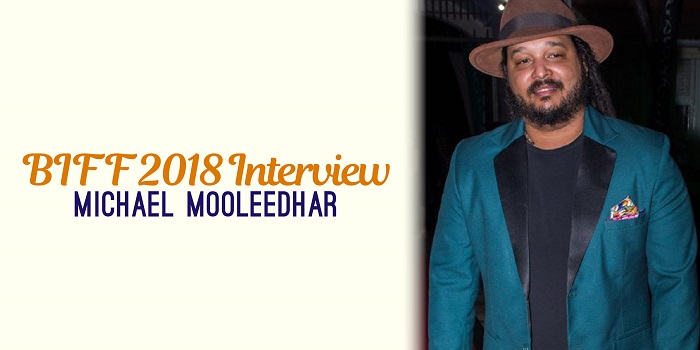
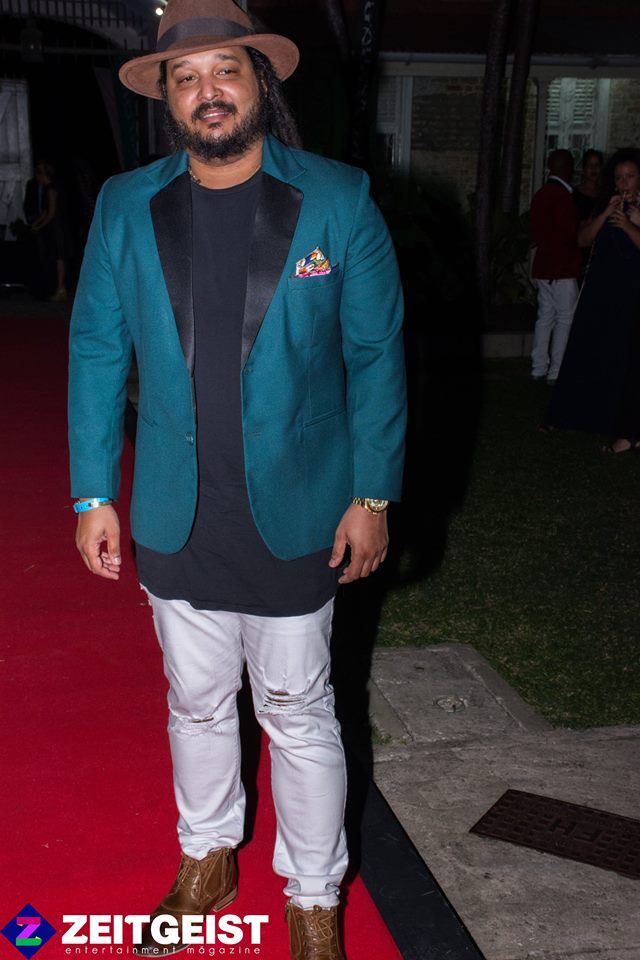 Zeitgeist: For our readers, give us a bit of background for the film. How was it conceptualized?
Zeitgeist: For our readers, give us a bit of background for the film. How was it conceptualized?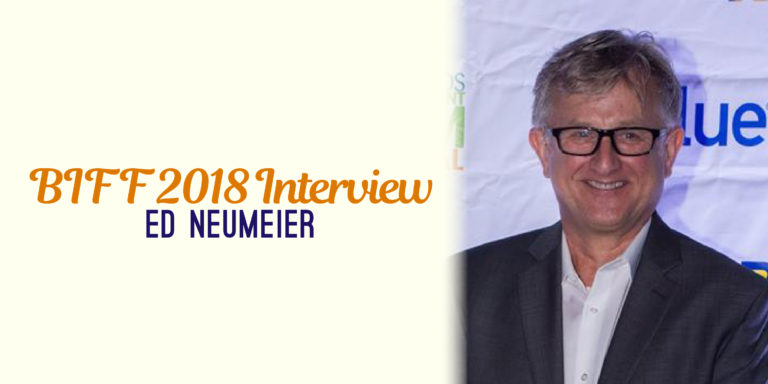
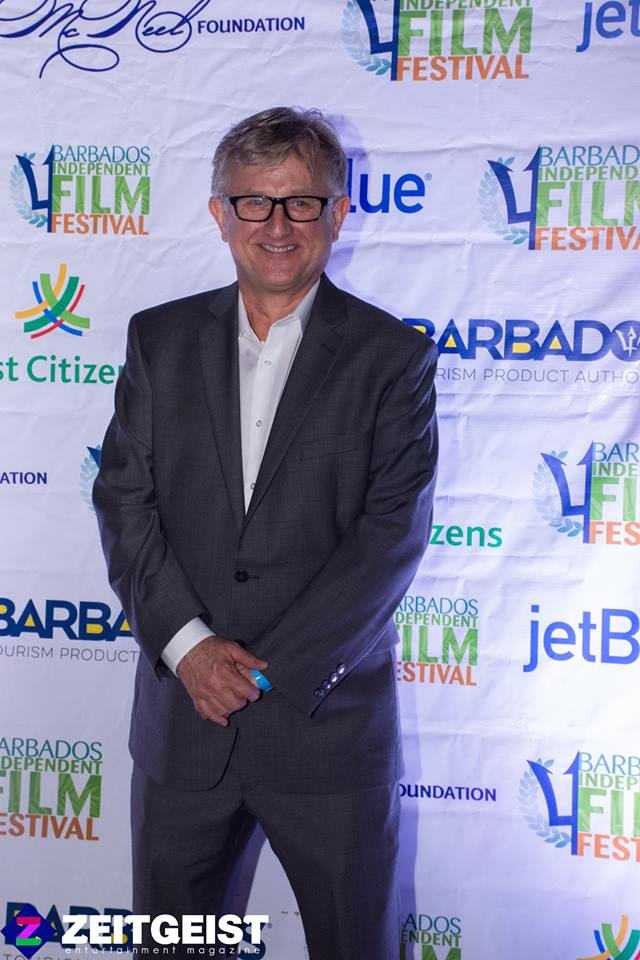
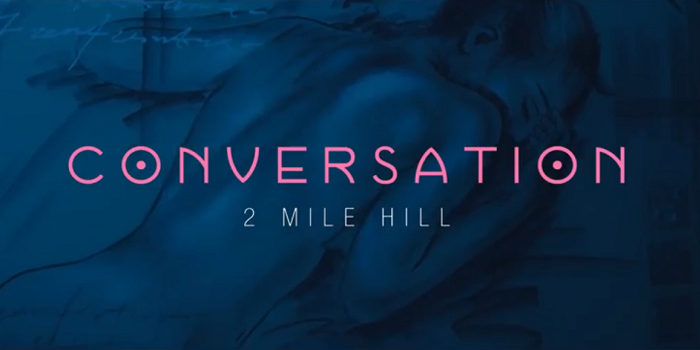
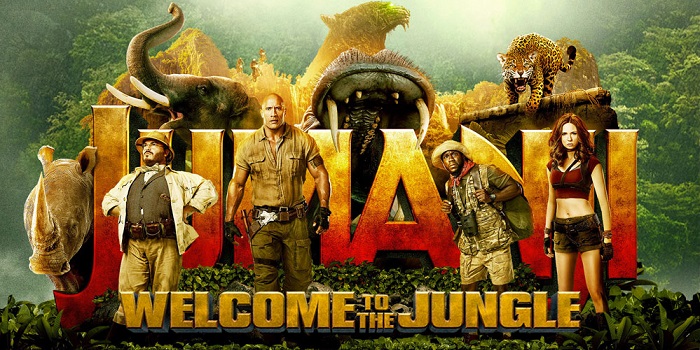
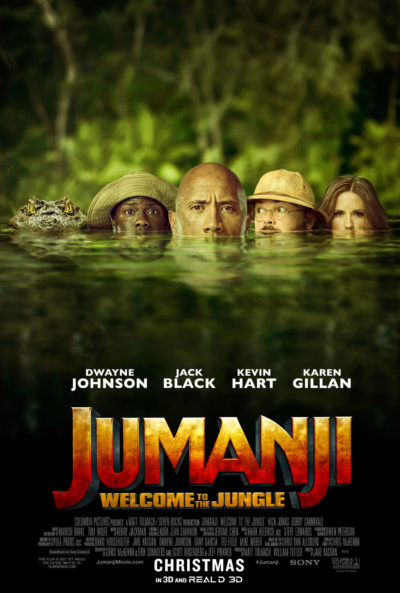 Jumanji: Welcome to the Jungle is the 2017 sequel to the 1995 film Jumanji. Starring Dwayne Johnson, Jack Black, Karen Gillan and Kevin Hart, the film was written by Chris McKenna, Erik Sommers, Scott Rosenberg and Jeff Pinkner and directed by Jake Kasdan. Four teenagers in detention – Spencer, Bethany, Martha and Fridge – are sucked into the game Jumanji, which has transformed itself from a board game into a video game. They must beat the game in order to escape and return to the real world.
Jumanji: Welcome to the Jungle is the 2017 sequel to the 1995 film Jumanji. Starring Dwayne Johnson, Jack Black, Karen Gillan and Kevin Hart, the film was written by Chris McKenna, Erik Sommers, Scott Rosenberg and Jeff Pinkner and directed by Jake Kasdan. Four teenagers in detention – Spencer, Bethany, Martha and Fridge – are sucked into the game Jumanji, which has transformed itself from a board game into a video game. They must beat the game in order to escape and return to the real world.